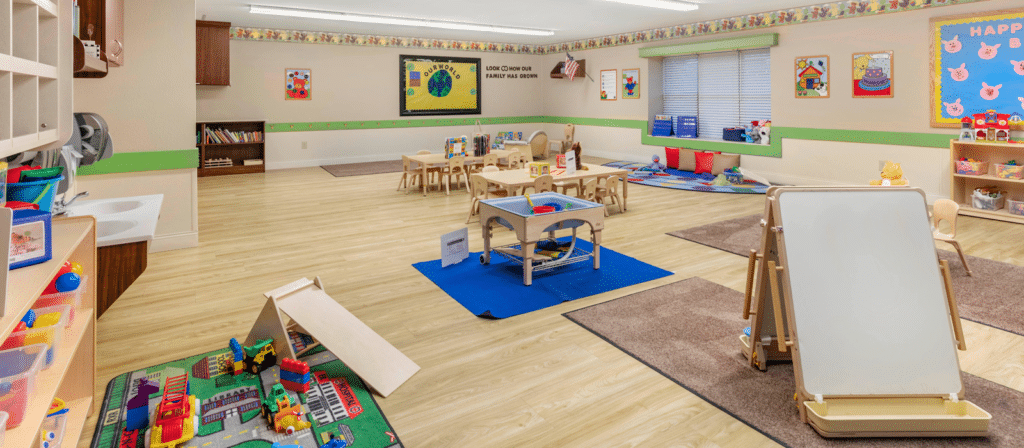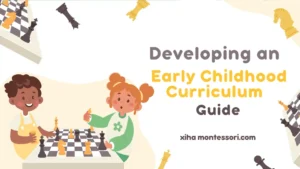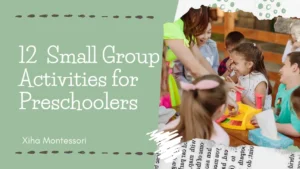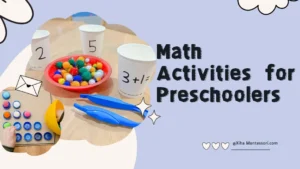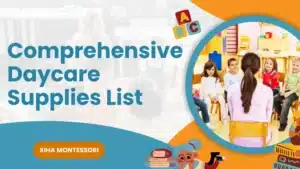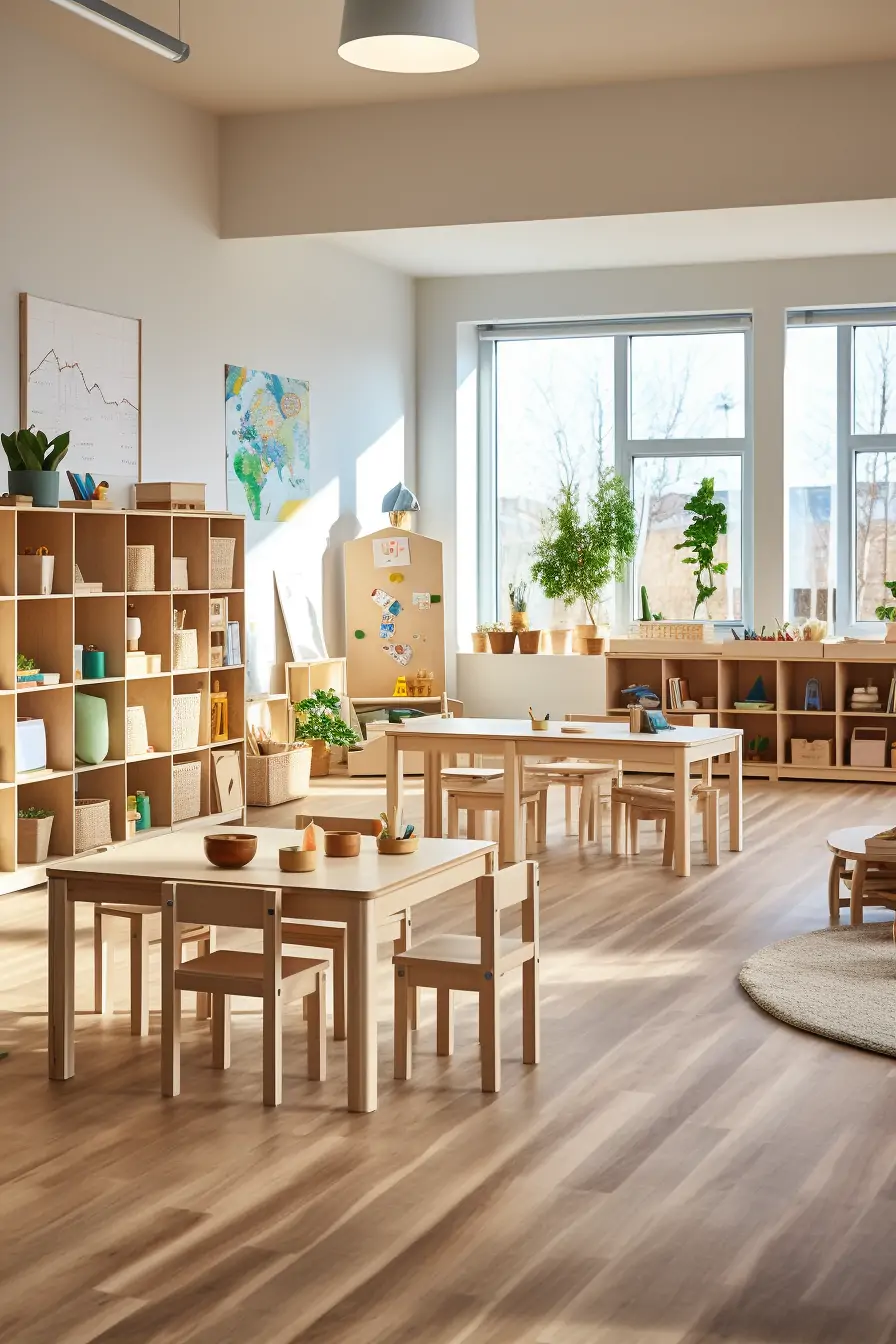When it comes to education, there are various approaches and philosophies that shape the way children learn and develop. One such approach is the Montessori method, which differs significantly from traditional education systems. In this blog post, we will explore how Montessori is different from the normal education system and why it has gained popularity as an alternative choice for many parents.
Discover how Montessori education revolutionizes learning by embracing child-centered, individualized approaches, and fostering a love for independent exploration and discovery. Learn how Montessori differs from traditional education in its core principles, classroom environment, teaching methods, and outcomes.
What is Montessori?
The Montessori method was developed by Dr. Maria Montessori, an Italian physician and educator, in the early 1900s. It is an educational approach that emphasizes independence, freedom within limits, and hands-on learning. The Montessori method is based on the belief that children are naturally curious and have an innate desire to learn.
Individualized Learning
One of the key differences between Montessori and traditional education is the emphasis on individualized learning. In a traditional classroom setting, all students are expected to follow the same curriculum and learn at the same pace. However, in a Montessori classroom, each child is allowed to learn at their own pace and focus on their individual interests. This individualized approach enables children to develop a deeper understanding of subjects and promotes a love for learning.
Mixed-Age Grouping
In a traditional classroom, students are typically grouped together based on their age. However, in a Montessori classroom, children of different ages (usually spanning 3 years) are grouped together. This mixed-age grouping allows for peer learning and collaboration. Younger children learn from older ones, while older children reinforce their learning by teaching younger ones. This dynamic fosters a sense of community and promotes social development.
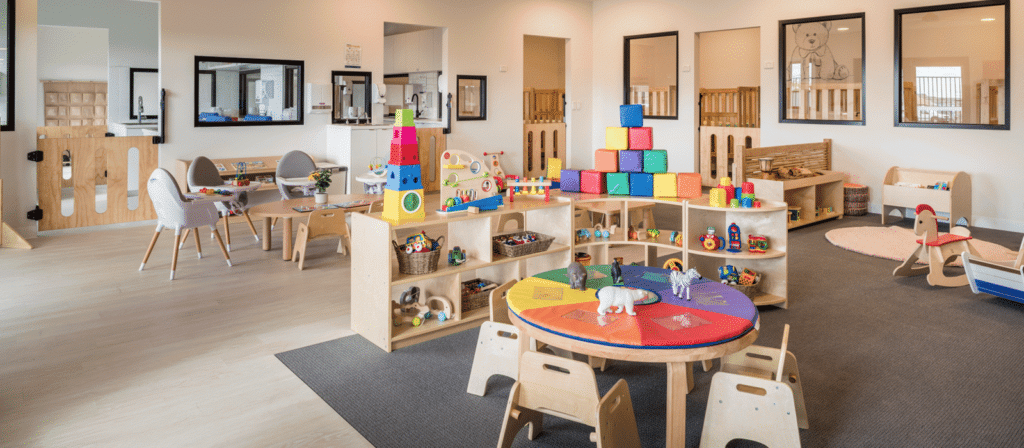
Freedom and Independence
Montessori classrooms provide children with a sense of freedom and independence within a structured environment. Unlike traditional classrooms where teachers dictate the pace and content of learning, Montessori classrooms allow children to choose their activities and work at their own pace. They have the freedom to move around the classroom, work independently, and explore their interests. This freedom fosters a sense of responsibility, self-discipline, and self-motivation in the children.
Hands-On Learning
Hands-on learning is a fundamental aspect of the Montessori method. Instead of relying solely on textbooks and lectures, Montessori classrooms are equipped with a wide range of specially designed materials that engage children in tactile and sensory experiences. These materials are designed to encourage exploration, problem-solving, and critical thinking. By actively engaging with the materials, children develop a deeper understanding of concepts and acquire valuable skills.
Focus on Practical Life Skills
In addition to academic subjects, Montessori education places a strong emphasis on practical life skills. Children are taught basic life skills such as dressing themselves, preparing food, cleaning, and organizing their belongings. These practical life activities not only help children develop independence and self-confidence but also promote the development of fine and gross motor skills. The focus on practical life skills equips children with essential skills that they can carry into adulthood.
Less Emphasis on Testing and Grades
Traditional education systems often place a heavy emphasis on testing and grades as a measure of a student’s success. In contrast, Montessori education focuses more on the process of learning rather than the end result. There are no grades or standardized tests in Montessori classrooms. Instead, children are encouraged to set their own goals and evaluate their progress based on their individual growth and development. This approach promotes intrinsic motivation and a love for learning, rather than external rewards.
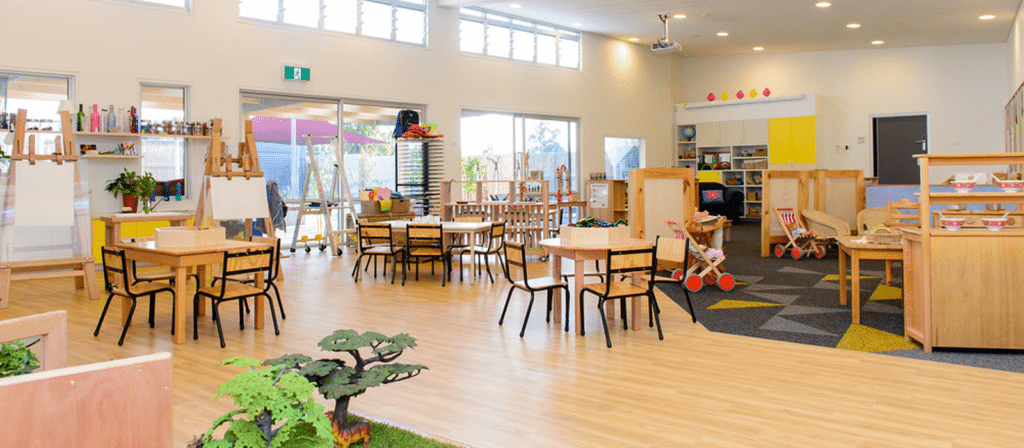
Conclusion
In conclusion, the Montessori method offers a unique and child-centered approach to education. The emphasis on individualized learning, mixed-age grouping, freedom, independence, hands-on learning, practical life skills, and less focus on testing sets Montessori apart from traditional education systems. By providing a nurturing and stimulating environment, Montessori education aims to foster a love for learning, independence, and the development of well-rounded individuals.
If you are looking for an educational approach that values your child’s individuality and promotes their holistic development, the Montessori method may be worth considering.

